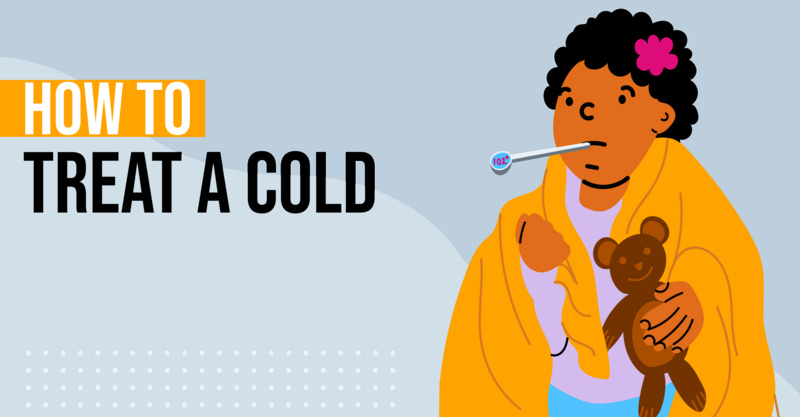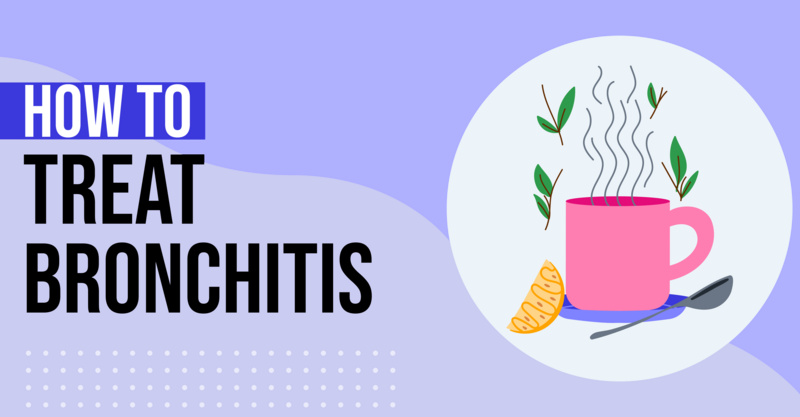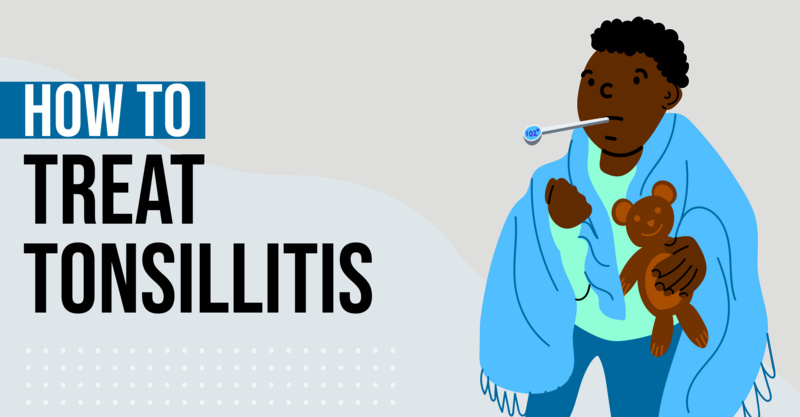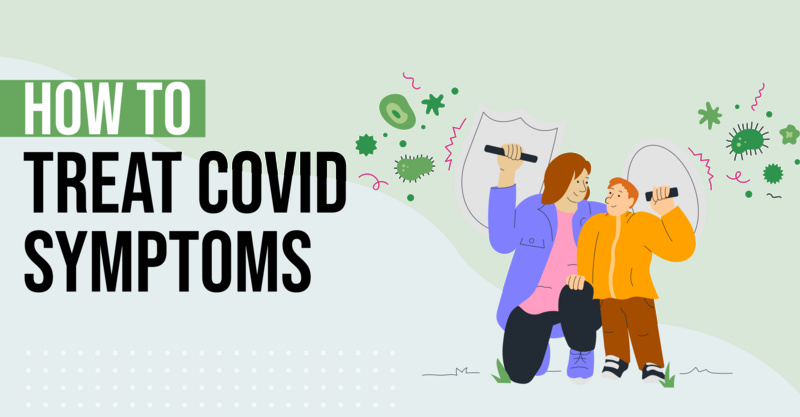Key Points
- The article provides a detailed guide on managing strep throat, a bacterial infection characterized by symptoms such as sore throat, difficulty swallowing, and fever.
- If diagnosed with strep throat, antibiotics are typically prescribed, but home care options can also help alleviate symptoms and speed up recovery.
- Home care options include rest, hydration, gargling with saltwater or apple cider vinegar, over-the-counter pain relievers, humidifiers, steam, and natural remedies like elderberry, echinacea, vitamins C and D, raw honey, and herbal teas.
- The spread of strep throat can be prevented through good hygiene, avoiding close contact with infected individuals, avoiding crowded places during cold and flu season, avoiding smoking and secondhand smoke, and maintaining a healthy diet and lifestyle.
- The article emphasizes the importance of completing the full course of antibiotics, even if symptoms improve, to ensure the infection is completely cleared.
If you're experiencing a sore throat with other symptoms like difficulty swallowing, and a fever, you may have strep throat, according to the Mayo Clinic. Strep throat is a bacterial infection that is usually treated with antibiotics. Along with antibiotics, there are several things that you can do at home that may help alleviate your symptoms and speed up your recovery.
What to do if You Have Strep Throat
Any persistent sore throat, or sore throat with accompanying symptoms should be checked out by a doctor. A strep test is a simple test that can be done in a doctor’s office and can usually determine if you have strep throat in about 15 minutes, according to the Mayo Clinic. If you have been diagnosed with strep throat, you will likely be prescribed an antibiotic. In addition to this, you can try to alleviate your symptoms and speed up your recovery with some of the following home care options:
1. Rest and Hydration
Getting plenty of rest and staying hydrated are both very important when you have strep throat, according to the Mayo Clinic. Very Well Health recommends drinking fluids like water, tea, and soup, to stay hydrated—and avoiding things like caffeine and alcohol, that can dehydrate you. It may be challenging to keep up with your fluid intake due to discomfort. It is important, however, to stay well-hydrated.
2. Gargling Saltwater or Apple Cider Vinegar
Gargling with warm salt water can help soothe a sore throat and reduce inflammation, according to Very Well Health. You can also try gargling with apple cider vinegar, which also has some anecdotal evidence to support sore throat relief, according to Very Well Health.
3. Over-The-Counter Pain Relievers
Over-the-counter pain relievers like ibuprofen or acetaminophen can help reduce pain, inflammation, and fever associated with strep throat, according to the Mayo Clinic. They recommend that you follow the recommended dosage on the label.
4. Humidifiers and Steam
Using a humidifier or taking a steamy shower can help moisten your throat and ease congestion, according to Very Well Health. You can also try inhaling steam from a bowl of hot water with a towel over your head.
5. Elderberry
Elderberry is a popular natural remedy for strep throat, among other ailments, according to Very Well Health. You can take elderberry supplements or drink elderberry tea or syrup. It is sold in many health food stores and may also be found at retail pharmacies.
6. Echinacea
Echinacea is another natural remedy that is thought to provide some support to your immune system and may help fight off infections, according to Very Well Health. Echinacea comes in the form of supplements or tea, and can also be found at health food stores and retail pharmacies.
7. Vitamins C and D
Vitamins C and D are both important for immune system function and can help your body fight off infections, according to Very Well Health. You can take supplements or eat foods high in these vitamins, such as citrus fruits and leafy greens for vitamin C and fatty fish and fortified milk for vitamin D.
8. Raw Honey
Raw honey may have antibacterial properties, and may also help soothe a sore throat, according to Very Well Health. You can eat a spoonful of honey or mix it with a warm tea to drink.
9. Herbal Teas
Herbal teas like chamomile, ginger, and licorice root can help soothe a sore throat and reduce inflammation, according to Very Well Health. You can also add honey to these teas for added benefits.
What to do if You’re Not Getting Better
If you have strep throat, it is important to know when to seek medical help. While most cases of strep throat get better with antibiotics and supportive care, some cases may become severe. The CDC recommends that you go back to your urgent care provider if you are not feeling better within 48 hours of starting your antibiotic.
What You Can Do to Prevent Strep Throat
Strep throat is a highly contagious bacterial infection that can spread easily from one person to another. The good news is that there are several things you can do to help prevent the spread of strep throat. Practicing good hygiene is one of the most effective ways to prevent the spread of strep throat, according to the CDC. They recommend the following hygiene practices:
- Wash your hands frequently with soap and warm water for at least 20 seconds.
- Avoid sharing utensils, cups, and other personal items with others.
- Cover your mouth and nose when you cough or sneeze.
- Clean and disinfect surfaces and objects that may be contaminated with strep bacteria.
In addition to good hygiene practices, several lifestyle habits can help reduce your exposure to strep bacteria, according to the CDC:
- Avoid close contact with people who have strep throat.
- Stay away from crowded places, especially during cold and flu season.
- Avoid smoking and secondhand smoke, which can irritate your throat and make it more susceptible to infection.
- Eat a healthy diet and get plenty of rest to keep your immune system strong.
The Bottom Line
Care for strep throat involves a combination of self-care and antibiotic medication. Supportive care for strep throat can include:
- Extra rest
- Drinking plenty of fluids to stay hydrated
- Gargling with warm salt water
- Over-the-counter pain relievers like acetaminophen or ibuprofen
- Moistening the air with a humidifier or steam from a hot shower
Remember to finish the entire course of antibiotics prescribed by your healthcare provider, even if you start feeling better. This will help ensure that the infection is completely cleared up, according to the CDC. If your symptoms persist or worsen despite antibiotics and supportive care at home, don’t hesitate to reach out to your doctor.
Frequently asked questions
What are the symptoms of strep throat?
Symptoms of strep throat include a sore throat, difficulty swallowing, and fever.What is the typical treatment for strep throat?
The typical treatment for strep throat is antibiotics.What home care options can help manage strep throat symptoms?
Home care options include rest, hydration, gargling with saltwater or apple cider vinegar, over-the-counter pain relievers, humidifiers, steam, and natural remedies like elderberry, echinacea, vitamins C and D, raw honey, and herbal teas.How can the spread of strep throat be prevented?
The spread of strep throat can be prevented by practicing good hygiene, avoiding close contact with infected individuals, avoiding crowded places during cold and flu season, avoiding smoking and secondhand smoke, and maintaining a healthy diet and lifestyle.What should I do if my symptoms persist or worsen despite treatment?
If your symptoms persist or worsen despite treatment, you should seek medical help.What is the importance of completing the full course of antibiotics?
Completing the full course of antibiotics ensures the infection is completely cleared, even if symptoms improve.Can natural remedies help in managing strep throat?
Yes, natural remedies like elderberry, echinacea, vitamins C and D, raw honey, and herbal teas can help manage strep throat symptoms.Should I avoid smoking and secondhand smoke if I have strep throat?
Yes, you should avoid smoking and secondhand smoke as it can worsen the symptoms of strep throat.
Solv has strict sourcing guidelines and relies on peer-reviewed studies, academic research institutions, and medical associations. We avoid using tertiary references.

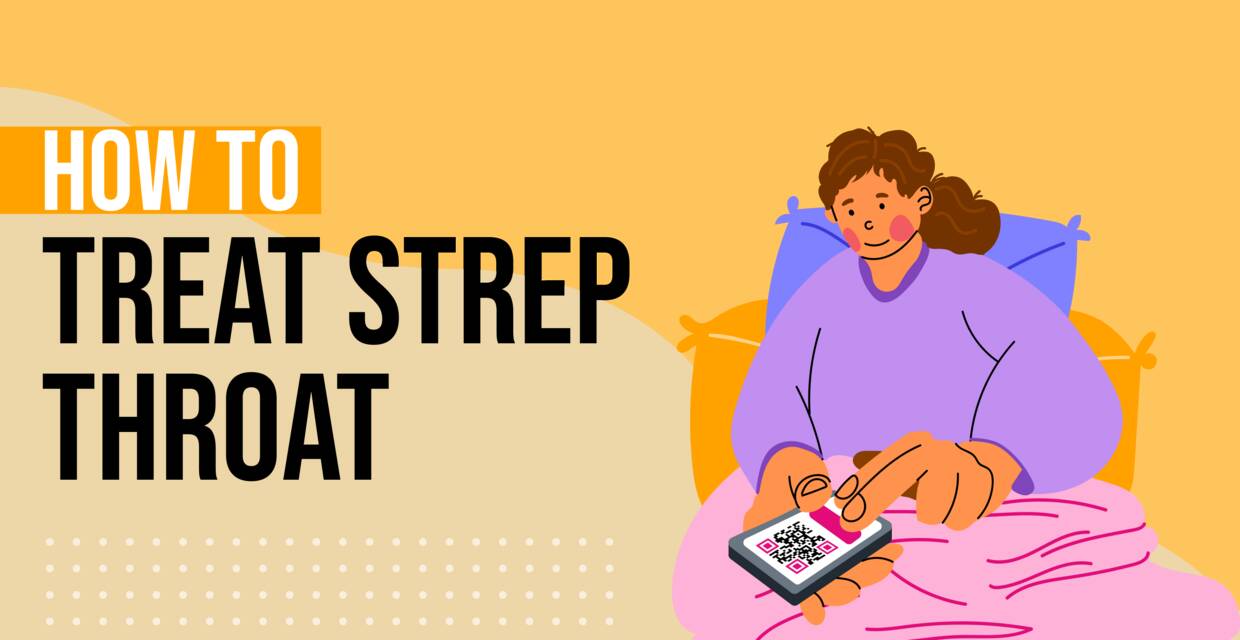
 LinkedIn
LinkedIn

